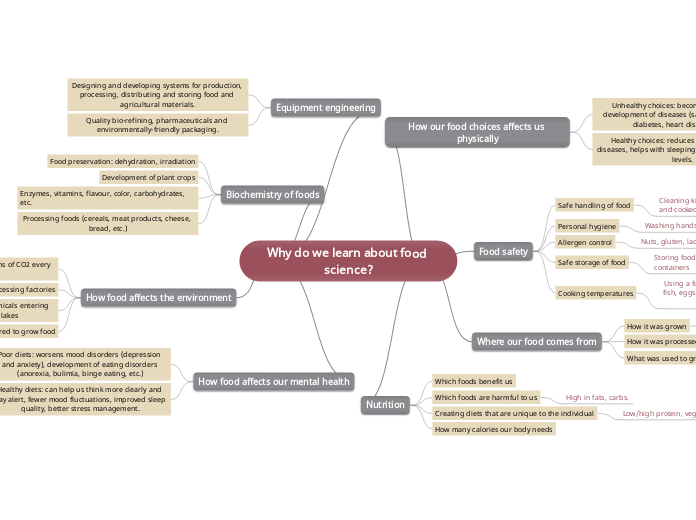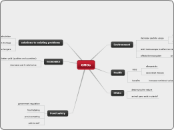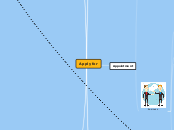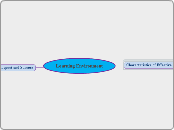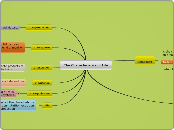von Lima Rafiqzad Vor 3 Jahren
225
Why do we learn about food science?
Learning about food science encompasses understanding the impact of our dietary choices on physical health and the environment. Healthy food choices can reduce the risk of diseases, aid sleep, and boost energy levels, while unhealthy choices can lead to weight gain and various illnesses.
